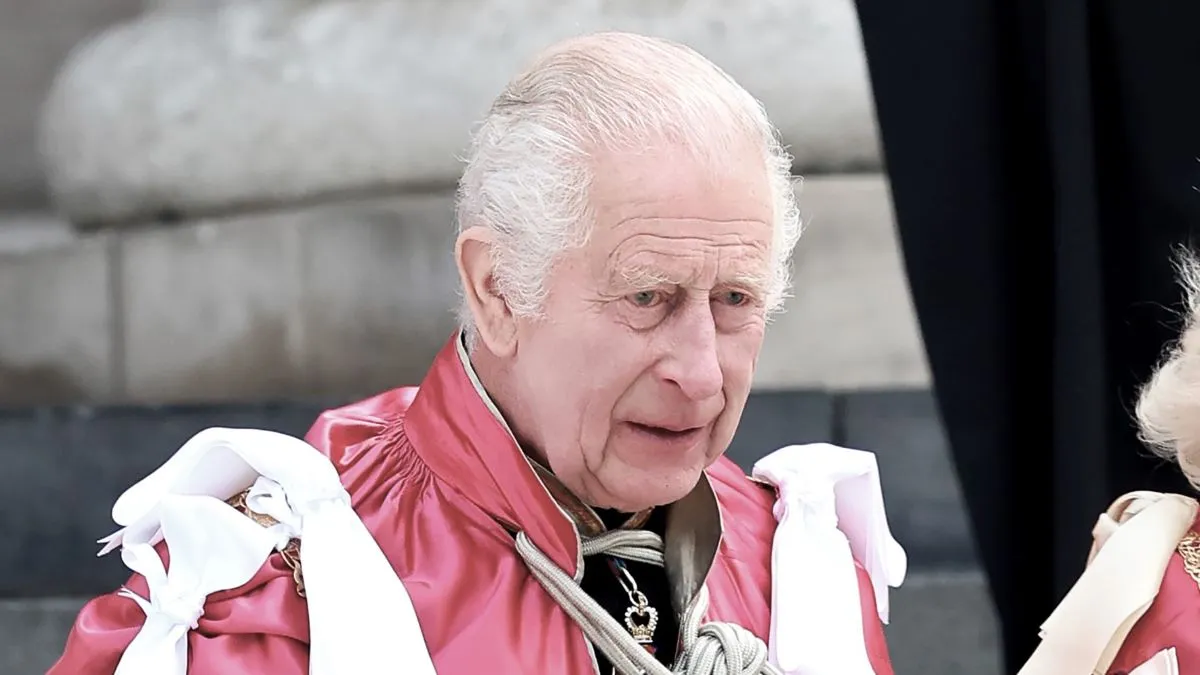The Royal Society for the Prevention of Cruelty to Animals (RSPCA) holds a prestigious position as the oldest and largest animal protection charity globally, dedicated to preventing cruelty, promoting kindness, and alleviating the suffering of animals. However, recent controversy has erupted surrounding the announcement that King Charles would serve as their new patron, sparking intense backlash and outrage.
The British Royal family’s historical involvement in hunting and bloodsports is well-documented, but King Charles’s enthusiastic participation has drawn significant condemnation. Notably, his avid support for traditional British fox hunting, despite its barbaric nature and the public’s widespread opposition, has raised serious concerns. Even after the practice was banned in 2005, Charles reportedly pressured then-Prime Minister Tony Blair to turn a blind eye, citing its perceived romanticism.
Charles’s affinity for bloodsports extends to shooting parties, with his Sandringham Estate being promoted as a prime location for bird shooting. Aside from the cruelty inflicted on the birds, such activities have detrimental ecological consequences, including biodiversity loss and environmental pollution from lead pellets.
Furthermore, Charles’s involvement in advocating for the culling of badgers to protect cattle from disease has stirred controversy. Despite mounting evidence suggesting that badgers were not the primary spreaders of disease, Charles vehemently pushed for their extermination, leading to the deaths of over 210,000 badgers. Subsequent research has debunked the efficacy of the cull, labeling it a wasteful and misguided endeavor.
Critics argue that Charles’s patronage of the RSPCA is deeply hypocritical, given his lifelong participation in activities that inflict harm and suffering on animals. Organizations like Protect the Wild have vehemently opposed such endorsements, asserting that no animal welfare organization should align with individuals who derive pleasure from the killing of wildlife and contribute to ecological damage.
The portrayal of Charles in a recent portrait, surrounded by imagery depicting bloodshed, serves as a poignant reminder of his controversial legacy. Beyond his involvement in animal-related issues, Charles’s actions have been scrutinized in other realms, reflecting a pattern of behavior that warrants further examination and critique.


